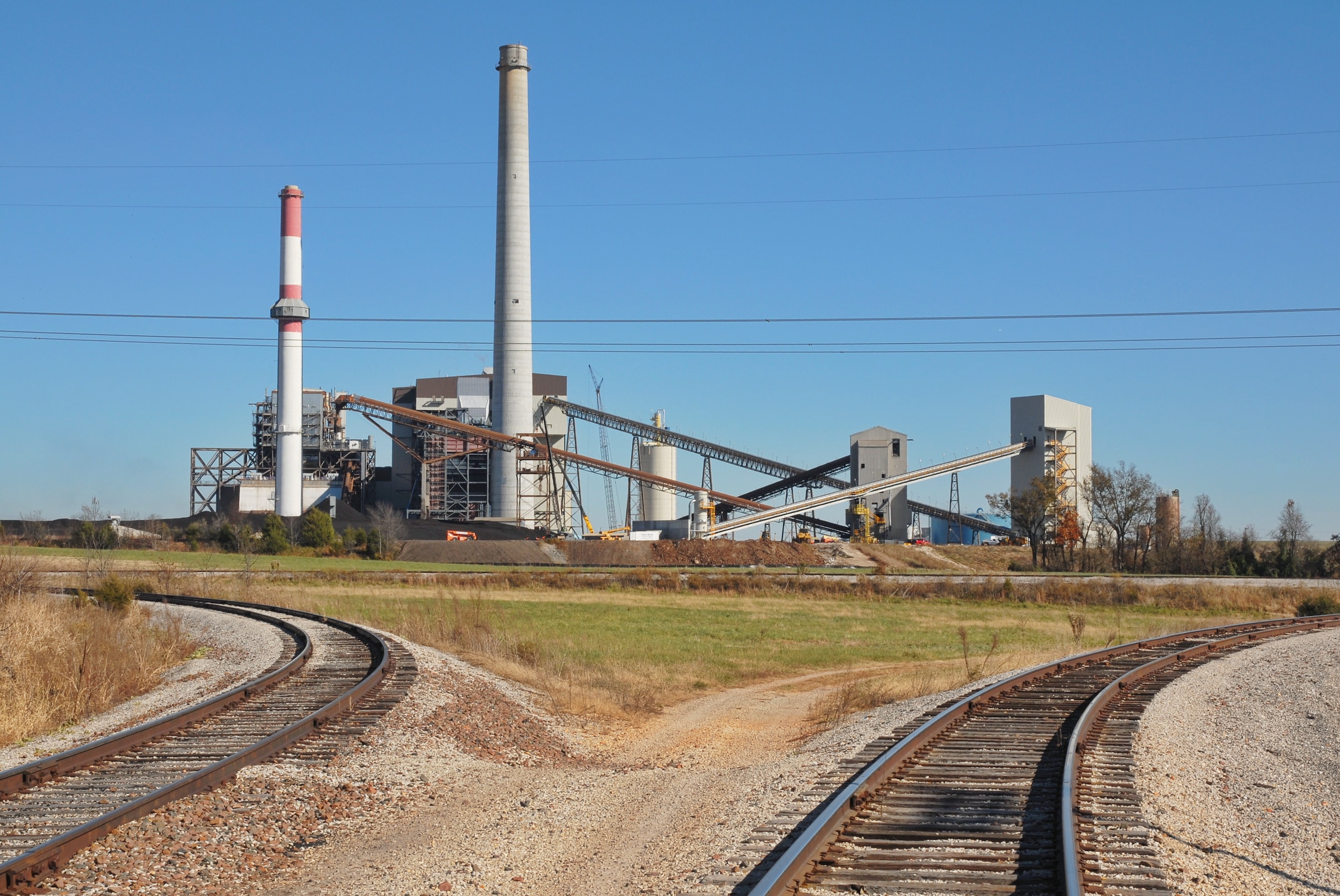
Senedd Members Slam Absence of Post-Brexit Environmental Watchdog in Wales
The prolonged absence of a dedicated post-Brexit environmental watchdog for Wales has come under sharp criticism from influential Senedd members. Their primary concern revolves around the Welsh government’s perceived inadequacy in addressing pivotal environmental issues, such as alarming sewage spills.

“Unforgivable Failure”
Leading voices within the Senedd have highlighted the urgency of instituting an environmental body before the ensuing Senedd election, terming the lack of it as an “unforgivable failure”. Distinctly, Wales stands alone in the UK, without a permanent entity tasked with overseeing the Welsh government’s environmental initiatives.
Senedd’s Climate Committee Sounds Alarm
In a report laden with criticism, the Senedd’s Climate Change, Environment and Infrastructure Committee has described the measures taken to supplant EU-era environmental governance protocols as starkly “inadequate”. Pre-Brexit mechanisms allowed individuals to approach the European Commission with complaints pertaining to green law adherence by governments and their entities, without incurring any charges.
Wales, in particular, has witnessed complaints ranging from the handling of river pollution from agriculture to the elevated air pollution levels from the Aberthaw coal-fired power station situated in Vale of Glamorgan.

A Staggering Delay
It’s been a notable seven years since the EU referendum. Still, Wales seems distanced from establishing an institution akin to the Office for Environmental Protection (OEP) that serves England and Northern Ireland. The Scottish Government, too, has been proactive, inaugurating Environmental Standards Scotland in 2021.
The report underscored the Welsh government’s lack of engagement with the aforementioned bodies, emphasizing the pressing need for such dialogues to extract valuable lessons.
Public and Organizational Appeals
In a consolidated effort, more than 300 organizations, rallied under Climate Cymru, penned an open letter earlier in February to First Minister Mark Drakeford. Their appeal centred on the formulation of a “Nature Positive Bill”, encompassing the blueprint for a dedicated body responsible for environmental target enforcement and oversight.
While there’s no hint of such a bill’s introduction in the immediate future, the government has hinted at unveiling a White Paper detailing its proposals by 2023’s end.
An interim solution has been the appointment of Dr Nerys Llewellyn-Jones as the “interim environmental protection assessor”. However, the committee has voiced its reservations regarding the resources and capacity allocated to the role. Despite assurances, Dr Llewellyn-Jones is yet to receive funds for augmenting her staff.
The Welsh Government Responds
Responding to the mounting concerns, a representative from the Welsh government affirmed their intent to introduce legislation during this Senedd term to pave the way for a Welsh environmental governance body. She further elaborated, “The bill will integrate biodiversity and nature restoration targets alongside post-EU environmental governance measures.”
The government also underscored the role of the Interim Environmental Protection Assessor for Wales (IEPAW), reiterating its commitment to championing environmental protection.
Conclusion
The environmental challenges confronting Wales in the post-Brexit era necessitate a robust institutional mechanism to ensure sustainable practices. The clamor from Senedd members, public bodies, and environmental organizations underscores the urgency. As Wales treads its post-EU journey, establishing a dedicated environmental watchdog will be instrumental in preserving its ecological heritage and safeguarding the future.
©eco-guardians.org